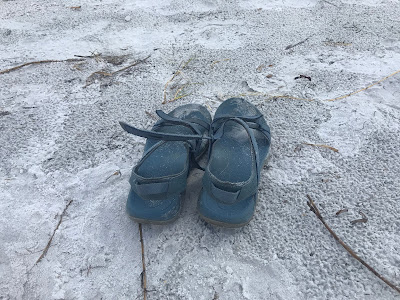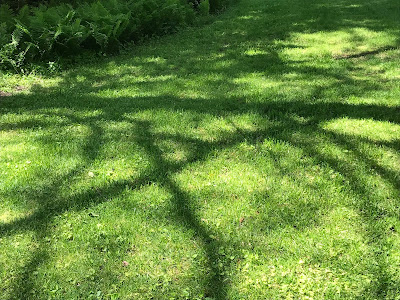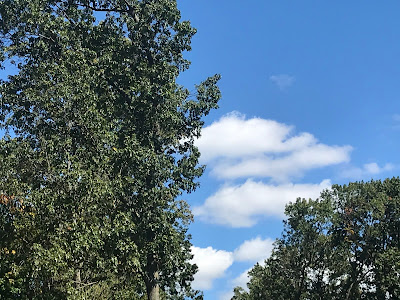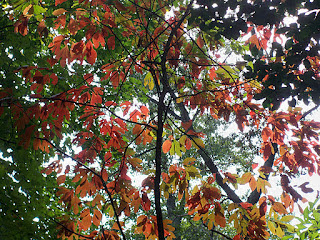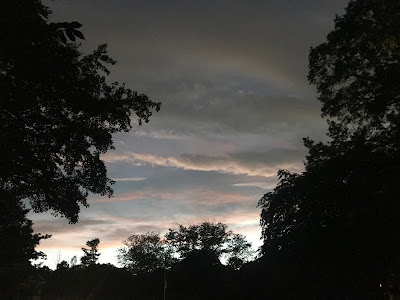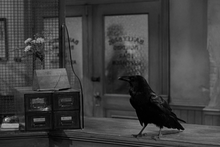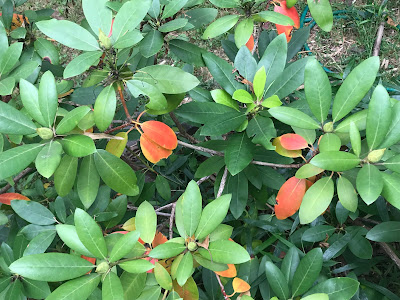Tender Foot
I woke early and padded outside for the newspaper, whose slap on the driveway had provided the final whoosh of my awakening this morning (bobbing as I was on the edge of consciousness and waiting for just such a prompt).
It’s too early for shoes so I walked to the edge of the driveway with bare feet. It’s warm enough for that this morning, though I’ve been known to go barefoot in much cooler temps.
Today when I made my way gingerly to the street I thought about how tough my feet used to be when I was a kid. It took a few weeks every summer to harden the soles, but after that I was off, free to dash out of the house, banging the screen door behind me: no socks, no shoes, just a shirt and shorts and a tan that deepened as the weeks wore on. (This was long before sunscreen and there were precious few trees in the new neighborhood of two-bedroom bungalows.)
Tough feet were a point of pride. They indicated a certain street-smartness — or was it street-hardness? — and they showed that you were inhabiting the summer as you should, making it a part of yourself.
Now my feet are not only stockinged and shod, they are orthoticized (if that’s a word … and my spell check tells me it is not). They are the soles and toes of an adult who works on her bottom — and not on her feet. But they can still remember the freedom they once felt. And I like to think that, deep in their neurons and tissues, they can feel it still.
